Vaccines are medications that help the body fight disease by training the immune system to find and destroy harmful germs and cells. Vaccines help prevent a wide variety of infections, such as the viruses measles, mumps and rubella (German measles), and bacterial diseases caused by organisms such as the pneumonia-causing streptococcus pneumonia, to name but a few.
Vaccines can also be effective in both preventing and treating certain types of cancer.
Prevention
Two viral illnesses that can lead to cancer can be prevented by currently-available vaccines.
Human papilloma virus (HPV) can lead to cervical anal, vaginal, and oral cancers. In the United States Gardasil-9 is the only vaccine approved to prevent HPV infection. Gardasil should be given at age 11-12 in girls and boys; adolescents and young adults age 13-26 are also eligible if not previously vaccinated. Some older adults age 27-45 may also qualify.
Hepatitis B infection can lead to cirrhosis (scarring) of the liver, liver cancer, liver failure and death. Hepatitis B vaccine (HBV) is approved as a 3-dose series usually given to children at 2, 4 and 6 months of age. Older adults may also receive HBV, depending upon need and risk of disease. For example, it is recommended that unvaccinated travelers to many different countries should receive HBV vaccine.
Other viruses associated with cancer risk include Human Immunodeficiency Virus (HIV), Hepatitis C Virus (HCV), Epstein-Barr Virus(EBV), Human Herpes Virus 8 (HV-8), Human T-Lymphotropic virus (HTLV-1), and Merkel Cell Polyoma Virus (MCV). While there are currently no vaccines approved for use in preventing these viral infections, ongoing progress in vaccine development will hopefully lead to such vaccines.
Treatment
The next big advance in cancer treatment could be a vaccine. Scientists say research has reached a turning point, with many predicting more vaccines will be available within 5 years. According to Dr. James Gulley, who leads a center at the National Cancer Institute that develops cancer treatment vaccines, “We’re getting something (cancer vaccines) to work. Now we need to get them to work better.”
These therapeutic vaccines will work to boost the body’s immune system to fight cancer. Such vaccines will:
Prevent cancers from coming back
Destroy cancer cells remaining after initial treatments
Stop cancerous tumors from growing or spreading
Some cancer vaccines target cell markers contained in many different patients’ cancer cells, while others are personalized, meaning created for only one individual patient.
Currently, there are two vaccines approved for cancer treatment. T-Vec is used to treat some people with melanoma that returns after surgery and that cannot be removed with more surgery. Sipuleucel-T is used to treat men with prostate cancer whose cancer has spread to other parts of their bodies, who have few or no symptoms and whose cancer does not respond to hormone treatment.
Clinical trials are underway for vaccines for many different types of cancer, including:
Bladder cancer
Brain tumors
Breast cancer
Cervical cancer
Colorectal cancer
Kidney cancer
Lung cancer
Melanoma (a type of skin cancer)
Myeloma (a type of blood cancer)
Pancreatic cancer
Prostate cancer
Like other kinds of medical treatments, cancer treatment vaccines can produce a variety of side effects, including fever, chills, weakness, dizziness, nausea and/or vomiting, muscle or joint aches, fatigue, headaches, trouble breathing and low or high blood pressure.
In June a New York Times article stated, “Suddenly, it looks like we’re in a golden age for medicine.” The story quoted Nobel Laureate Jennifer Doudna, “I think we’re at an extraordinary time of accelerated discoveries.” Cancer vaccines will be one such innovation, offering hope to millions of patients at risk for and diagnosed with cancer.

